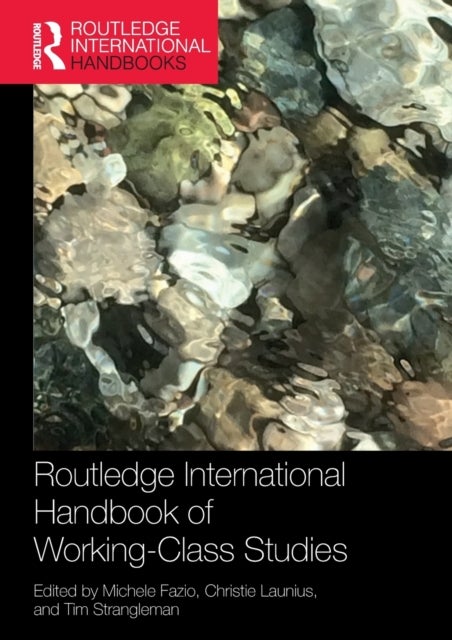
Routledge International Handbook of Working-Class Studies
579,-
<P>The <I>Routledge International Handbook of Working-Class Studies </I>is a timely volume that provides an overview of this interdisciplinary field that emerged in the 1990s in the context of deindustrialization, the rise of the service economy, and economic and cultural globalization. The <I>Handbook</I> brings together scholars, teachers, activists, and organizers from across three continents to focus on the study of working-class peoples, cultures, and politics in all their complexity and diversity. </P><P>The <I>Handbook</I> maps the current state of the field and presents a visionary agenda for future research by mingling the voices and perspectives of founding and emerging scholars. In addition to a framing Introduction and Conclusion written by the co-editors, the volume is divided into six sections: Methods and principles of research in working-class studies; Class and education; Work and community; Working-class cultures; Representations; and Activism and collective action. E








